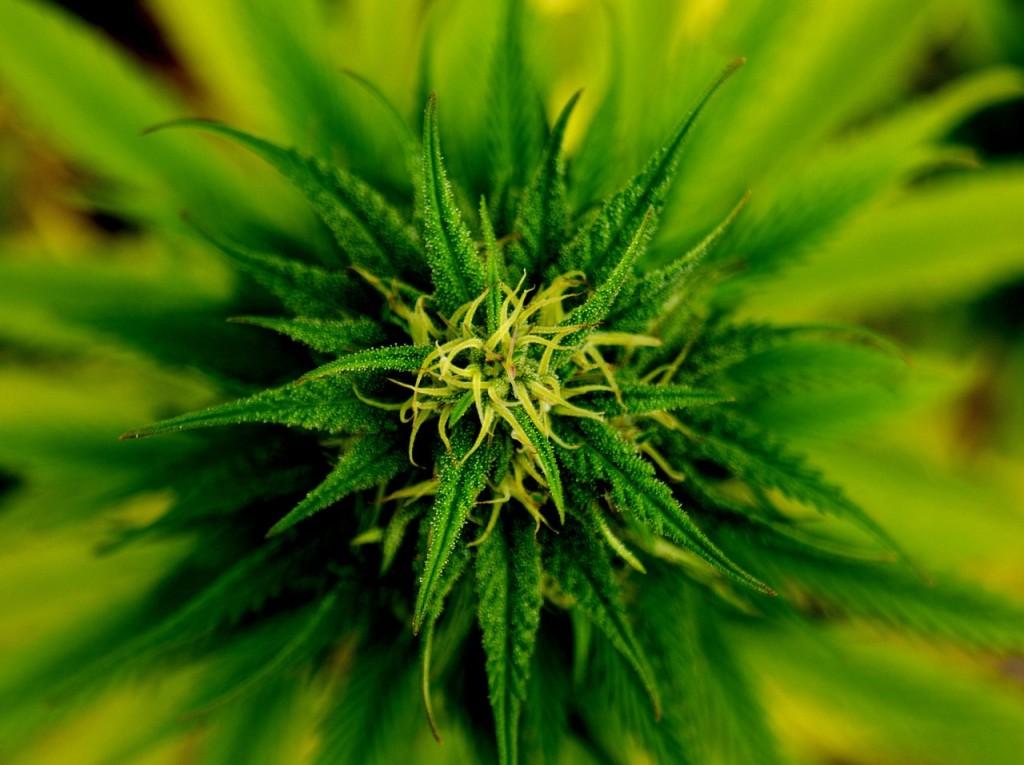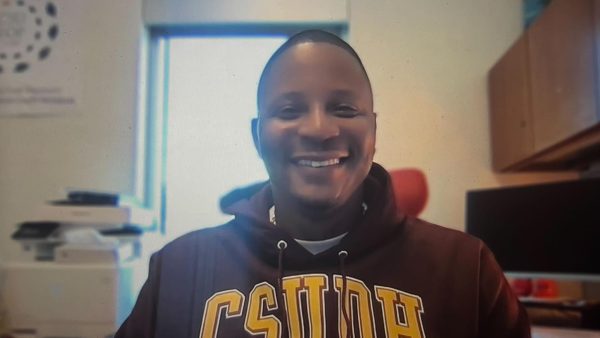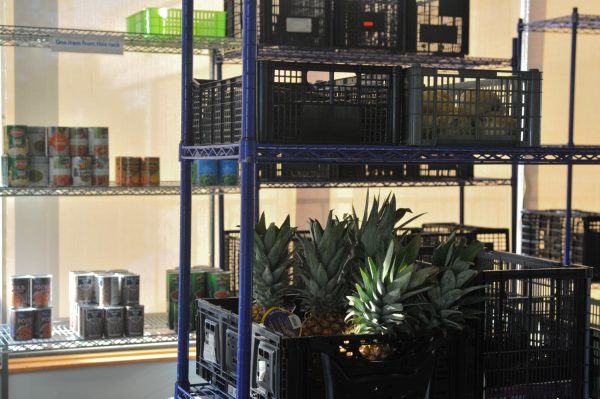Public support for marijuana initiative at record high
Marijuana and hemp supporters will have their chance to make California the third state in the union to legalize cannabis by signing a recently created initiative.
“An initiative allows people who have a shared concern to get that concern onto the ballot,” Lance Widman, professor of political science, said. “You have a coalition of interest groups that favor an issue, so what they’re going to have to do is collect the required signatures (50,000) of registered voters to get it on the November 2014 ballot.”
The California cannabis hemp initiative aims to legalize the recreational use of marijuana in people over 21 years of age, allow farmers to make materials and products from hemp and hemp seed, and limit jobs from testing for marijuana metabolites, according to cchi.org, the official site for the initiative.
Proposition 215 allowed medical use in California, and many cities and counties have passed ordinances making marijuana the lowest priority for law enforcement, but marijuana may have finally gathered enough support to be legalized outright, like in Colorado and Washington.
“A slim majority of adults (52%) say marijuana use should be legalized—a record high and the first time support has been above 50 percent. A larger majority of likely voters (60%) favor legalization. Democrats (64%), independents (60%), and men (57%) are more likely than Republicans (45%) and women (47%) to favor legalization,” according to research by the Public Policy Institute of California.
While support for legalization is higher than ever, it is still only about half of California’s population, and anti-marijuana activists are making their voices heard.
“The most important thing people need to know is that
marijuana is harmful and that it’s different than alcohol,” Scott Chipman, an activist with Citizens Against the Legalization of Marijuana (CALMca.org), said. “This is a fight for the human mind. It’s mind altering, highly toxic,
remains in the body for up to a month, and is highly addictive.”
Chipman said long-term marijuana use can cause serious health problems.
“The incidents of testicular cancer, paranoia, schizophrenia
and depression are significantly higher among marijuana users. THC (the psychoactive chemical in marijuana) affects the brain and how the brain sends messages,” he added.
Chipman said that marijuana use also has detrimental societal implications.
“People who use marijuana are less social. There’s a certain percentage of the population that’s already on the
edge of sanity already. They have a tendency towards mental illness.Jared Laughner, the guy who shot Gabrielle
Giffords? Pot user. The Boston bomber? Pot user. The Colorado theater shooter?
Pot user. Trayvon Martin? Pot user. I don’t think its coincidental. Pot
distorts your perception of reality. It messes with your ability to reason. It
pushes people toward being anti-social,” he added.
Michael Braun, psychology professor, said that in a place like L.A., all it takes is money to find drugs, regardless of if they’re legal or illegal.
“I think the hope of some people is that we can take care of
some major problems with a simple solution,” Braun said. “If people just don’t drink alcohol,
or if people just don’t have marijuana, we won’t have X number of problems, and
that’s just not true.”
In the case of heinous acts like the Boston Marathon bombings, Braun says that every situation needs to be looked at individually.
“When people get involved with destructive acts, it usually
has a more complex origin, not just the fact that they’re using a drug at the
time,” Braun added. “One
thing that’s very important about human nature is being careful not to look for
over-simplified explanations.”
For more information about what changes the initiative will attempt to make, visit CCHI2014.org.









